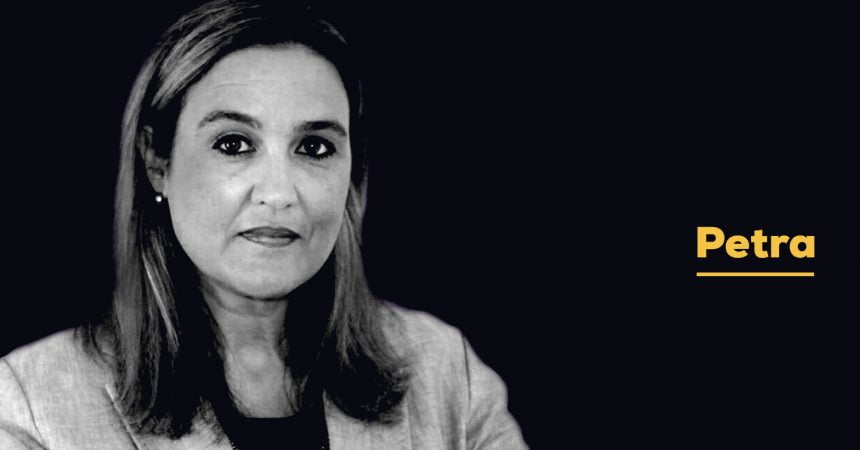Will he go or won’t he? When Joseph Muscat had announced that he would step down after two terms, the leadership contenders within the Labour Party began to get on their marks.
Next, the competitors crouched down to get set and began their campaigns.
But Muscat has just announced he will not fire the pistol to start the race just yet. The competitors, their teams, and the spectators must turn back home, disappointed. The race may be rescheduled to an unspecified, future date.
It is unwise to underestimate the ambitions of politicians and, no less, of their close circle. The team machines are now revving at the starting line, and will not readily be switched off. They have filled their tanks and been touched by the adrenalin. For how long must they wait?
Competition within Parties is inevitable and leadership elections are especially difficult. They are unhealthy if allowed to go on for too long. This only encourages endemic clientelism, with a stream of unfair or unrealistic promises made to supporters.
Why had Muscat declared that he would go, and what is he waiting for now? If he retracts his decision, discontent will fester. The closer the next election looms, the more of a dead duck his premiership will become. The new PL leader should be given the space to settle down in good time before the next election.
If Muscat has changed his mind and hopes to remain Prime minister for a third legislature after all, then he should say so. If not then he should go, and quite soon.
Politicians are supposed to think of the common good, in the medium and long term. They must balance the demands of different interest groups. No Party can satisfy everyone all the time. They can only hope to satisfy most people, most of the time.
Muscat managed all this pretty well when he became Prime Minister. He appeased various lobbies and was understood to have gained power with the support of specific minorities and interest groups.
Yet one group which he seems unwilling or unable to get around is the broader environment lobby. Today his credibility in this area is so abysmal that it is unlikely that he will ever manage to gain ground on this. His premiership is associated with rampant over-development, the weakening of planning policies and environmental destruction.
In other areas, he seems to have found workable balances. But in this case, he has pandered to the construction lobby and left those who care about Malta’s cultural and natural heritage out in the cold.
The number of people appalled at the savaging of Malta’s urban and rural landscape should not be shrugged off as a narrow and irrelevant segment of society. Environmental issues were a factor in the general election of 2008, and also in 2013. The influence of the environmental lobby was relatively weak in 2017, but that election was dominated by big scandals like the Panama Papers and Egrant.
It remains to be seen how high on the agenda green issues will be placed by the political leaders at the next election in 2022. They could feature quite strongly seeing the level of discontent that is growing on this topic. But the current government does not seem bothered. The environment protest of 7 September looks like water off a duck’s back as far as they are concerned.
The PL leadership contenders should use this waiting time to consider how they will position themselves and gain credibility in this area. Ian ‘getting things done’ Borg will struggle on this, with his awful track record on chopping down trees and building massive roads. Konrad Mizzi does not have any credibility, full stop. But the other three – Chris Fearne, Miriam Dalli and Robert Abela – have plenty of work to do.
On the other side of the House, the Nationalist Party has plenty of work to do on green issues too. The PN has also probably never had a leader as divisive and unpopular as the current incumbent, Adrian Delia. His interest in the environment seems negligible.
Delia was elected by the wider Party membership. Opening up the leadership vote to Party members may then have seemed like a democratic move but, ironically, rather than creating a sense of empowerment it has generated a bigger sense of disenfranchisement and alienation among voters.
In a way, this mirrors an aspect of the Brexit referendum in the UK. Who would have thought that empowering people to decide their future would have resulted in such widespread distrust and disenchantment with politics and politicians?
In truth, big political decisions only work if they are well informed. Every decision has a cost, and a wider, knock-on effect. With hindsight, the average voter is not well equipped for such complex decisions, especially if fed emotional arguments and misleading information.
Likewise, Party members and activists may not be best equipped to decide which leadership candidate will appeal most to the general electorate. It didn’t work with Adrian Delia, and in the UK apparently, it has not worked with Jeremy Corbyn or Boris Johnson either. Let’s see how that goes in the upcoming PL leadership election, whenever that will be.












